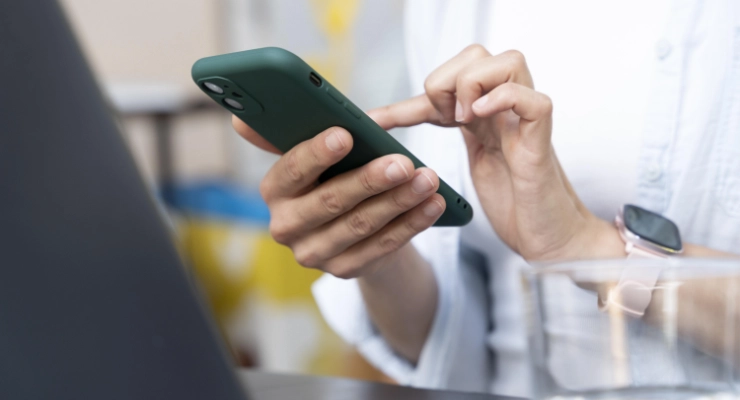Language that comforts, reassures, and builds instant trust.
Why Words Matter in a Medical Office
They’re not just words. They’re tiny bridges between fear and comfort, between frustration and relief. In a medical office, patients may walk in with anxiety, pain, confusion—or all three—and the first person they speak to is often you.
And that makes you powerful.
You have the ability to calm nerves, build trust, and turn a stressful visit into a positive experience—all with the right language. These aren’t corporate scripts or customer service clichés. These are
connection phrases: the kind that make people feel seen, heard, and cared for.
Here are 10 “magic” phrases every medical receptionist should keep in their back pocket—and why they work like, well… magic.
1. “I’ve got you.”
Why it works:
It offers
instant reassurance. Patients don’t want to feel like a number—they want to feel like someone competent is taking care of them.
When to use it:
When a patient is unsure, overwhelmed, or doesn’t know what to do next.
Example:
“You’re here for your follow-up with Dr. King? Great—I’ve got you. Let’s get you checked in.”
2. “Let me double-check that for you.”
Why it works:
It shows
thoroughness and care, even if you’re confident. It lets patients know you’re not rushing them through.
When to use it:
When verifying appointments, insurance, or confirming a provider is available.
Example:
“It looks like you’re all set, but let me double-check that for you to be sure.”
3. “We’re going to take good care of you.”
Why it works:
It humanizes the experience. You’re not just processing a form—you’re welcoming someone into a place of healing.
When to use it:
At check-in, or before passing the patient along to a nurse or provider.
Example:
“You’re in great hands here. We’re going to take good care of you today.”
4. “Thank you for your patience.”
Why it works:
It acknowledges a delay without getting defensive. Gratitude often diffuses tension faster than excuses.
When to use it:
Anytime there’s a wait or a system hiccup.
Example:
“I really appreciate your patience today—things have been a little backed up, but you’re next.”
5. “You’re in the right place.”
Why it works:
It grounds the patient emotionally. People worry they’re in the wrong building, wrong office, or worse—wasting their time.
When to use it:
When a patient walks up unsure, hesitant, or says, “I think I’m supposed to be here?”
Example:
“Yes—this is the right office. You’re in the right place.”
6. “Here’s what happens next.”
Why it works:
It removes uncertainty. Medical visits are full of unknowns. This phrase brings clarity.
When to use it:
Right after check-in or any time a process feels unclear.
Example:
“Here’s what happens next: the nurse will come get you in just a few minutes, and your lab results should be ready by then.”
7. “I’m so glad you came in today.”
Why it works:
It reinforces their decision to seek care—a big emotional hurdle for many patients.
When to use it:
After they check in or when you can tell they’re nervous.
Example:
“It’s really good you came in. Dr. Patel will want to hear about that right away.”
8. “Let’s fix this together.”
Why it works:
It removes blame and
invites collaboration. Instead of saying “That’s not our fault,” this phrase keeps you on the same team.
When to use it:
When a patient is confused about billing, frustrated about a cancellation, or upset about a policy.
Example:
“I hear how frustrating that is. Let’s fix this together and figure out a solution.”
9. “Let’s see how we can make this right.”
Why it works:
This is your
conflict diffuser. When someone is angry or upset, this phrase de-escalates without defensiveness.
When to use it:
When a patient is openly angry, especially about long waits, appointment mix-ups, or feeling dismissed.
Example:
“I can tell you’re frustrated—and I want to help. Let’s see how we can make this right.”
10. “Is there anything else I can do for you today?”
Why it works:
It wraps up the interaction with care. It tells the patient you’re still available, and that their needs matter beyond the transaction.
When to use it:
As they check in, check out, or after resolving an issue.
Example:
“You’re all set for Tuesday. Is there anything else I can help you with today?”
Wrapping It Up
In a medical office, your words carry more weight than you think.
They’re often the first and last thing a patient hears during their visit—and those impressions stick. With just a few intentional phrases, you can make patients feel valued, calm, and confident in their care.
You’re not just answering phones or filling out forms. You’re shaping someone’s experience. And sometimes, the smallest words make the biggest impact.





